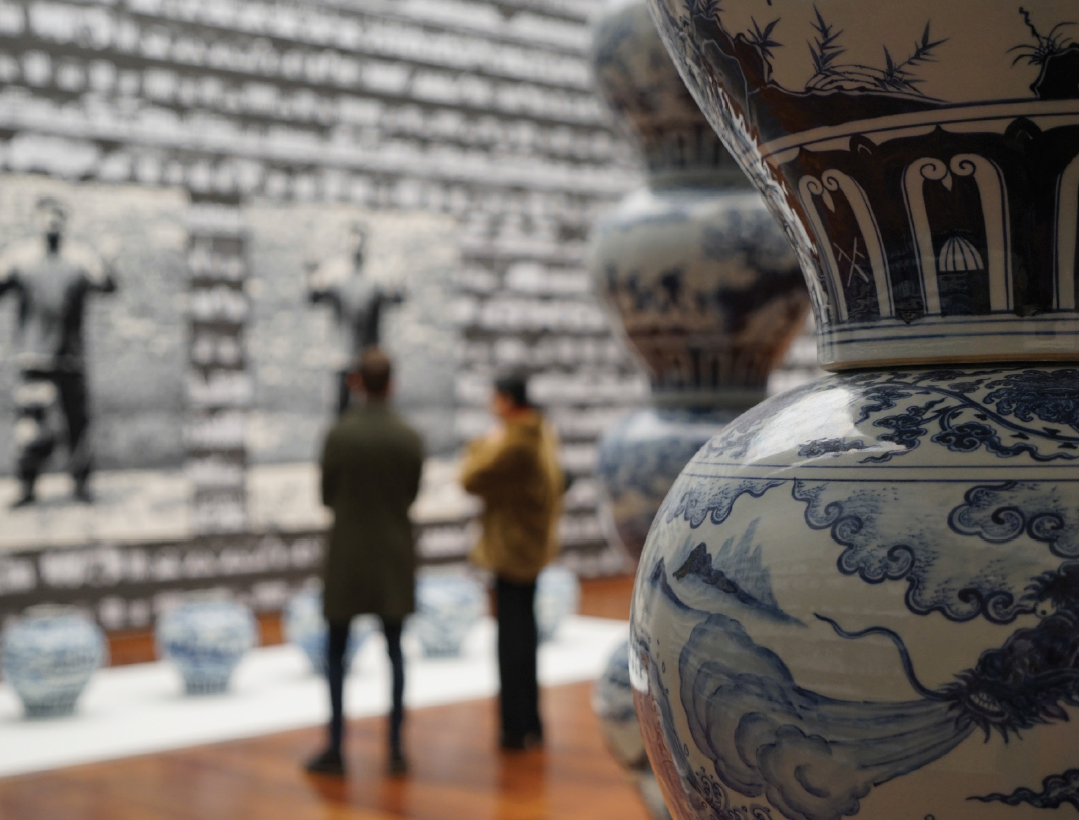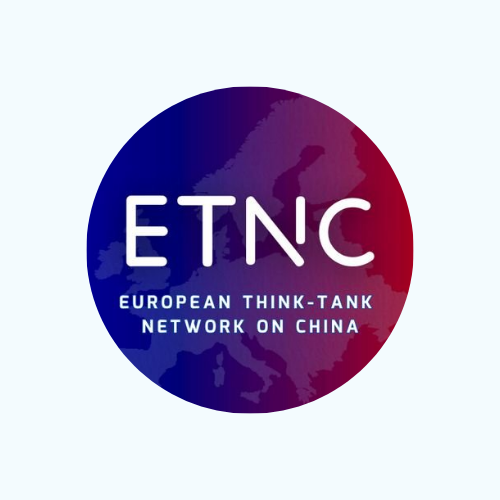China's Soft Power in Europe: Falling on Hard Times

Analysis from 17 countries and EU institutions reveals that Chinese soft power in Europe – defined as the ability to influence preferences through attraction or persuasion – has seen better days.

This report, which brings together experts from across the continent, is a collaborative effort of the 20 research institutes that make up the European Think-tank Network on China (ETNC), of which Ifri is a founding member.
Developing soft power has been a pillar of Chinese foreign policy since 2007 and remains a stated goal of China’s long-term policy orientation to 2035. The country-level analysis from the report identifies three prominent Chinese approaches to developing soft power in Europe:
- - promoting Chinese language and culture;
- - shaping China’s image through the media;
- - and using the secondary soft-power effects of economic prowess.
Recently, and over the last year in particular, China has become more assertive in attempting to shape its image by expanding its toolkit, particularly to enhance its political messaging. This includes the systematic use of social media.
On the importance of China’s economy, the lines can often be blurred between the attractiveness of economic cooperation and the pressures of economic coercion. Withholding market access for European firms and products has long been an observed practice of reactive Chinese diplomacy, but an increasingly formalized development of sanctioning mechanisms, including “unreliable entity lists” and export control legislation, is a cause for growing concern. In other words, market access, trade and investment opportunities are perhaps the single largest factor determining China’s appeal in Europe, but also a major source of its coercive power.
Different patterns of Chinese soft power projections can be seen across four groups of countries analysed in the report:
- In the first group (Austria, Hungary, Poland, Portugal and Slovakia), China does not appear compelled to actively project its soft power, mostly because of the lack of public interest in these countries.
- In Italy and Greece, China’s soft power approach aims to arrest the trend of a deteriorating image and is geared towards damage containment.
- In Germany, Latvia, the Netherlands, Romania, Spain and the UK, perceptions of China are clearly becoming less favourable, and Beijing is struggling with growing vigilance.
- Finally, in Czechia, Denmark, France, and Sweden, China’s soft power is clearly in a state of free fall. In turn, EU institutions appear to follow the trend described in the third group of growing vigilance, as the risks posed by China’s geopolitical ambitions are increasingly underlined.
A number of factors have driven these trends, from the fallout of COVID-19 to Chinese domestic developments (including in Xinjiang and Hong Kong) and the impact of growing US-China rivalry. These factors ultimately appear to be more substantive drivers of European perceptions and attitudes towards China today than the traditional sources of soft power.
In response, the Chinese government’s public messaging in Europe has become increasingly proactive, even aggressive, including through the imposition of sanctions. The report explains that these new methods, though deployed differently across the continent and aimed in part at a Chinese political audience, point to Beijing’s objective to increase its sway over Europe by influencing related discourse. They are presumably designed to prevent negative publicity and criticism, rather than achieve likeability. An open question can thus be raised: has China become less interested in growing its appeal than in exercising its influence?
China’s waning soft power in France
In the report, Ifri’s John Seaman and Marc Julienne delve more deeply into the case of France.
They explain that China has sought to build its attractiveness and soft power in the country over the years through a number of channels, which include deepening linguistic and cultural connections, expanding its presence in French media, developing a network of elite connections, underlining the pull factors of its economy and, more recently, crafting a political narrative to suit rising discontent with the United States.
Despite these efforts, China’s soft power in France has been in steep decline, notably in the context of its aggressive public diplomacy in the country during the COVID-19 crisis and the broader attention this has drawn to China on other fronts, including human rights, and Xinjiang and Hong Kong in particular. This has been made particularly visible through recent data on public opinion, analyzed elsewhere for Ifri by Marc Julienne.
Amid a wave of criticism directed at China, building soft power no longer appears a prominent part of Beijing’s country-specific strategy in France, and while France’s political elite has been slow to respond to worsening public opinion, changes are afoot.
Discover this and all ETNC reports on the network's website: www.etnc.info.
Download the full analysis
This page contains only a summary of our work. If you would like to have access to all the information from our research on the subject, you can download the full version in PDF format.
China's Soft Power in Europe: Falling on Hard Times
Related centers and programs
Discover our other research centers and programsFind out more
Discover all our analyses
RAMSES 2024. A World to Be Remade
For its 42nd edition, RAMSES 2024 identifies three major challenges for 2024.
France and the Philippines should anchor their maritime partnership
With shared interests in promoting international law and sustainable development, France and the Philippines should strengthen their maritime cooperation in the Indo-Pacific. Through bilateral agreements, expanded joint exercises and the exchange of best practices, both nations can enhance maritime domain awareness, counter security threats and develop blue economy initiatives. This deeper collaboration would reinforce stability and environmental stewardship across the region.

The China-led AIIB, a geopolitical tool?
The establishment of the Asian Infrastructure Investment Bank (AIIB) in 2016, on a Chinese initiative, constituted an attempt to bridge the gap in infrastructure financing in Asia. However, it was also perceived in the West as a potential vehicle for China’s geostrategic agendas, fueling the suspicion that the institution might compete rather than align with existing multilateral development banks (MDBs) and impose its own standards.
Jammu and Kashmir in the Aftermath of August 2019
The abrogation of Article 370, which granted special status to the state of Jammu and Kashmir (J&K), has been on the agenda of the Bharatiya Janata Party (BJP) for many decades.











